
The second phase of the National Action Plan on Child Labour was launched on Tuesday at Suhum-Okonam in the Eastern region.
The launch demonstrates the commitment of the Government of Ghana to ensuring that the country achieves Sustainable Development Goal (SDG) 8 of eliminating child labour and its related issues.
Speaking at the launch, the Minister for Gender, Children and Social Protection, Madam Otiko Afisah Djaba, referred to the 1992 Constitution which guarantees the right of every child to be protected from work that threatens his health, education and development.
Madam Djaba said in view of the protection offered by the Constitution, the right place for the child was the classroom where he or she would add on to knowledge acquired from home, adding that it was the responsibility of parents to enrol and maintain their children in school.
She said with the Free Compulsory Universal Basic Education (FCUBE) and the Free Senior High School system, there was no excuse to put the child to work.
The Minister disclosed that the Ministry of Gender, Children and Social Protection (MGCSP) was embarking on a project dubbed; 'Get off the Street' in an effort to see all children off the street and in school.
She, therefore, pledged the support of MGCSP to the Ministry of Employment and Labour Relations (MELR) in its efforts at eliminating child labour in the country, and for Ghana to become a child labour-free society.
In an address delivered on his behalf, and on the theme: 'Developing the child for a brighter future: kick child labour away from Ghana,' the Ministry of Employment and Labour Relations (MELR), Mr Ignatius Baffour Awuah, explained that to combat child labour, Ghana had put together various legal frameworks and developed policies to enhance the development of children.
The policies, he said, included expansion of the School Feeding Program to cover more deprived schools, free Senior High School programme, Early Childhood Development policy and the National Protection Strategies and policies.
Mr Awuah indicated that to ensure the success of the National Action Plan phase two (2017-2021), set measures have been put in place in all government Ministries, Department and Agencies, (MDAs) for them be proactive and collaborate in the implementation of modalities for the nation to eliminate child labour.
He disclosed that MELR had set aside GH¢ 500,000 of the 2018 budget allocated to it to ensure that it was channelled to the elimination of children from the street while enhancing their development.
The Minister called for collaboration among stakeholders, including parents and the media, in order to be able to undertake huge task of eliminating child labour.
A Representative of the International Labour Organisation, Mr Giovanni Soledad, commended Ghana for the work done so far in the implementation of the National Action Plan Phase 1 and for having now launched phase two.
Mr Soledad expressed the hope that Ghana would be able to reduce child labour to the lowest minimum.
The Ambassador for Child Labour Elimination, Miss Sefakor Mawunyo Doste, who spoke on behalf of children in Ghana, expressed excitement about the launch of the second phase of the National Action Plan as it signified the beginning of a road map aimed at helping children realise their dream of growing freely and educated.
Read Full Story
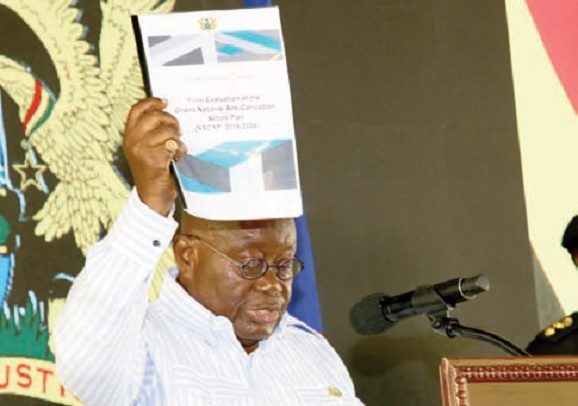


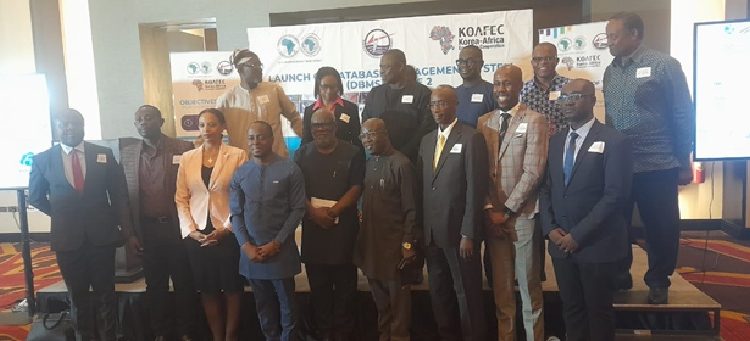
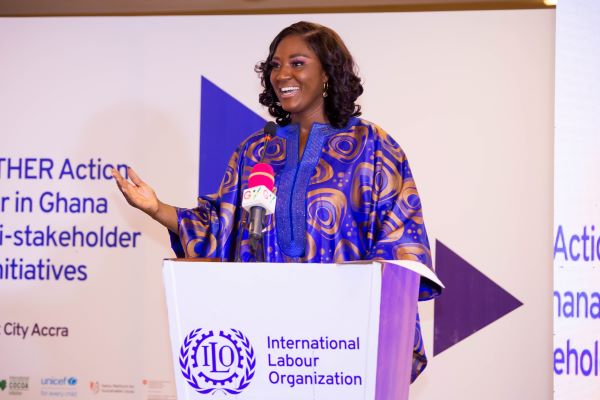
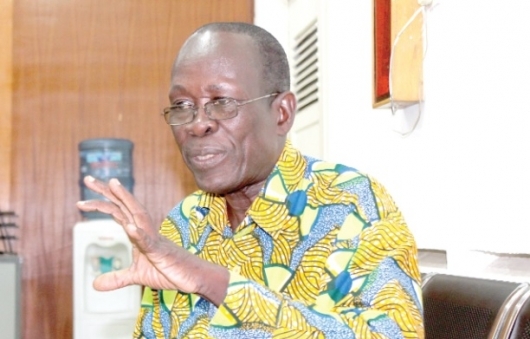
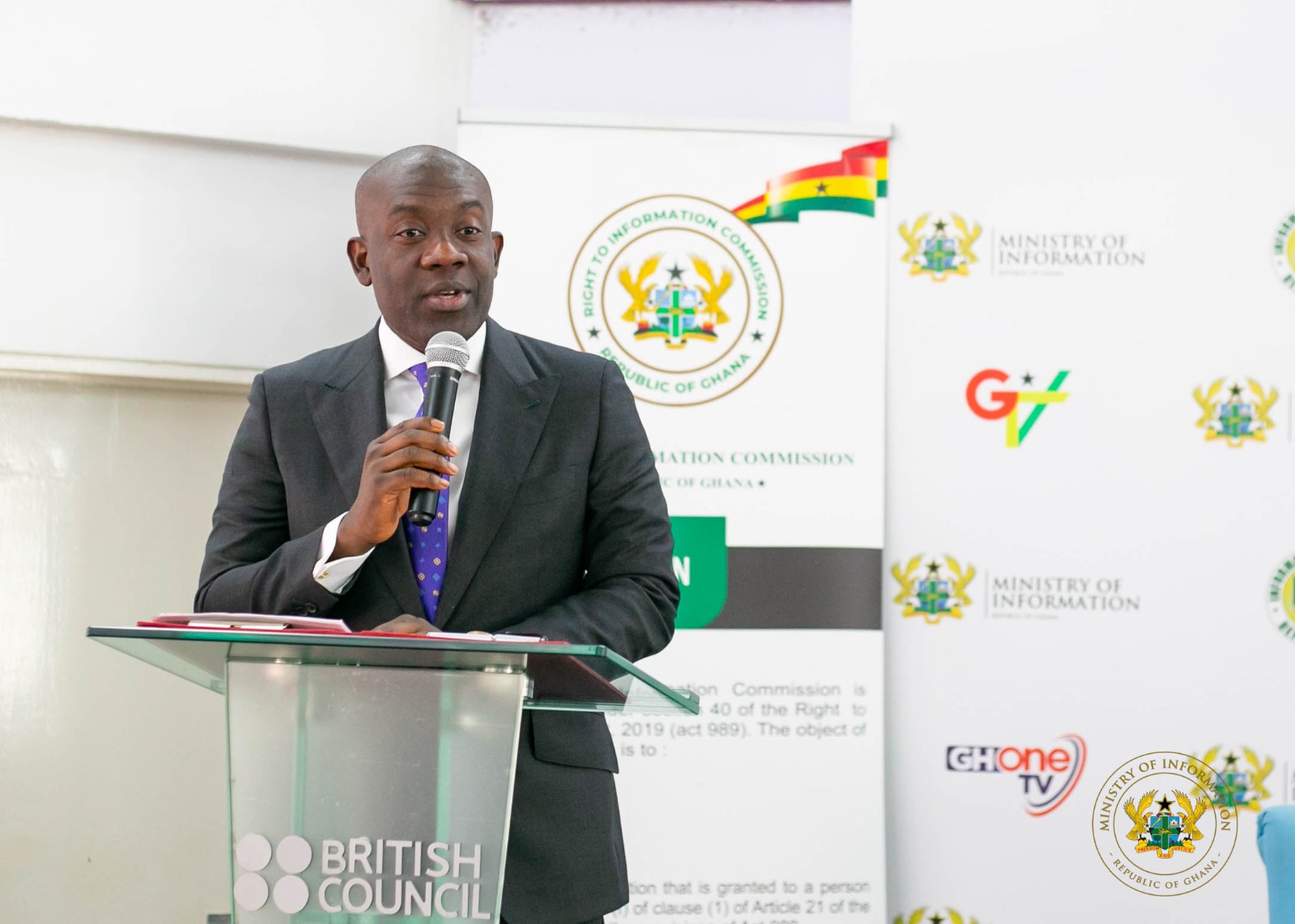

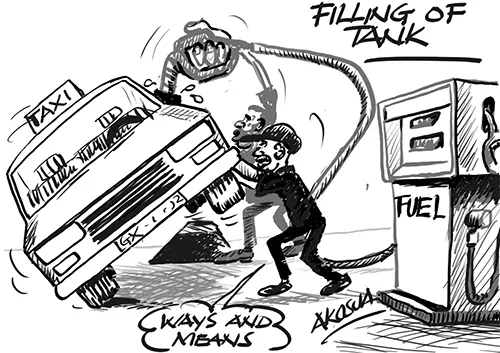


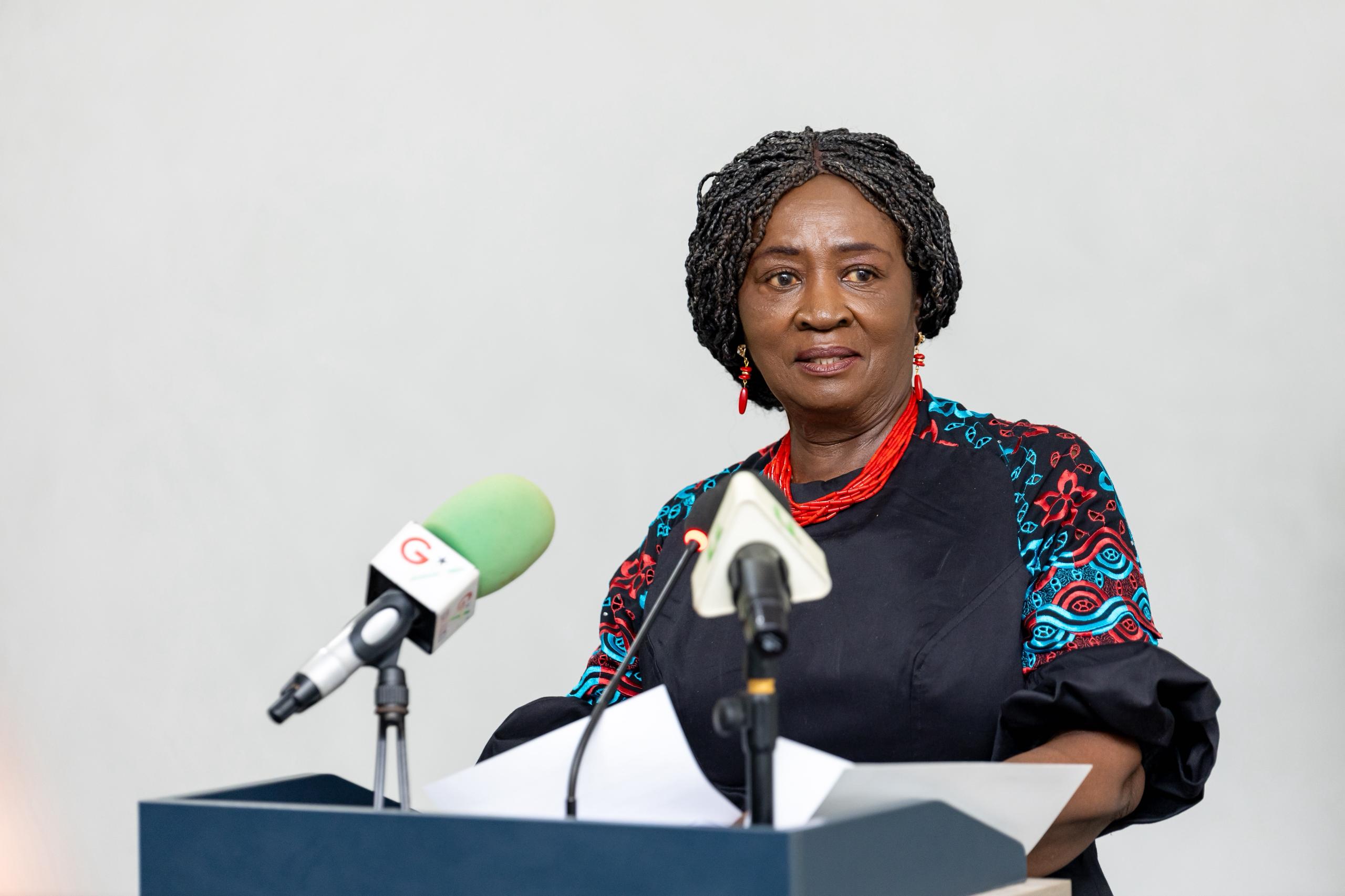




Facebook
Twitter
Pinterest
Instagram
Google+
YouTube
LinkedIn
RSS